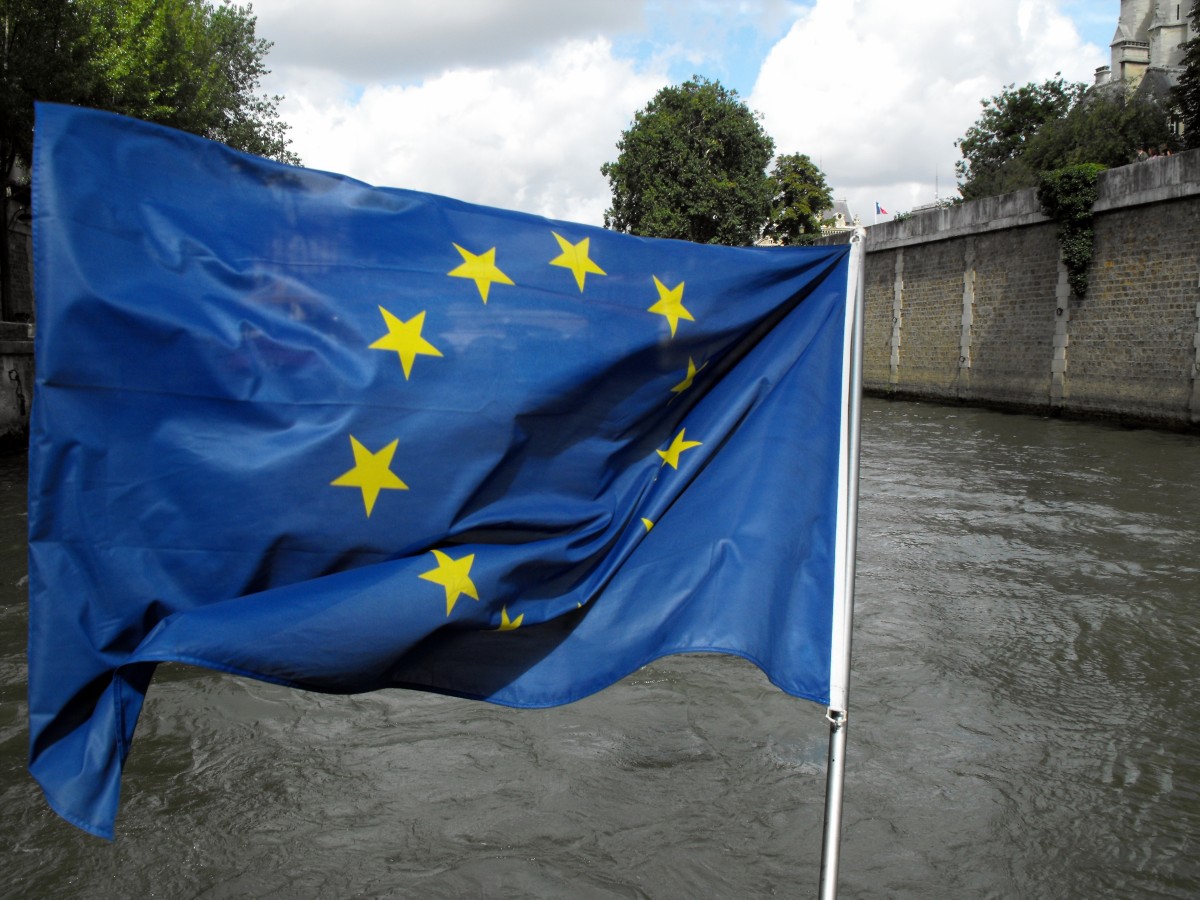Sponsored Content
IAEA Chief Grossi and Austrian Foreign Minister Schallenberg Visit Brussels
Austria recorded a small but significant diplomatic success at Foreign Minister Alexander Schallenberg's visit to the Foreign Affairs Council in Brussels. Already in the run-up to the meeting, the EU foreign ministers met Rafael Grossi, Director General of the Vienna-based International Atomic Energy Agency (IAEA), on the initiative of Foreign Minister Schallenberg.
 Inviting IAEA Director General Rafael Grossi to the European Council of Foreign Ministers was an important initiative by Austria. / Picture: © Flickr / Dimitar Nikolov / [CC BY-SA 2.0(https://creativecommons.org/licenses/by-sa/2.0/)]
Inviting IAEA Director General Rafael Grossi to the European Council of Foreign Ministers was an important initiative by Austria. / Picture: © Flickr / Dimitar Nikolov / [CC BY-SA 2.0(https://creativecommons.org/licenses/by-sa/2.0/)]
Current developments in Iran and the Russo-Ukrainian war were discussed during the exchange. Furthermore, the EU foreign ministers discussed the situation in the Sahel and West Africa, as well as the Armenia-Azerbaijan conflict. A meeting with Palestinian Prime Minister Mohammad Shtayyeh was also held.
The big surprise was the meeting on the initiative of Foreign Minister…
or Log In
Fast News Search





